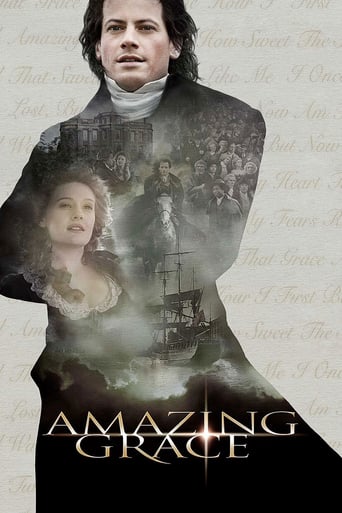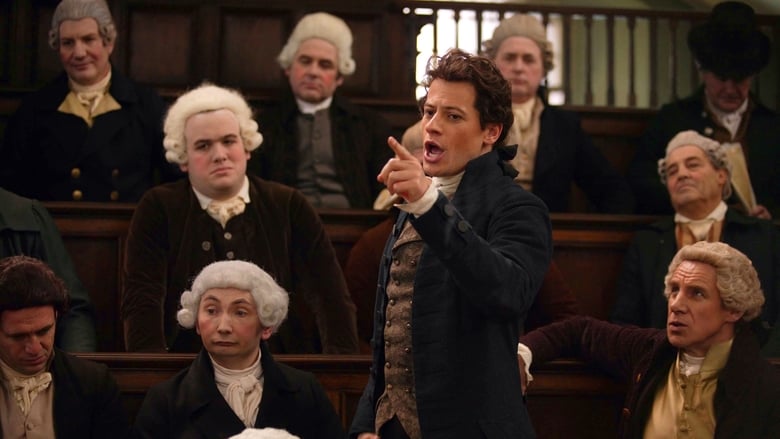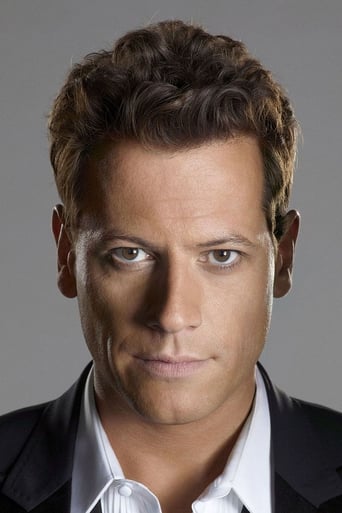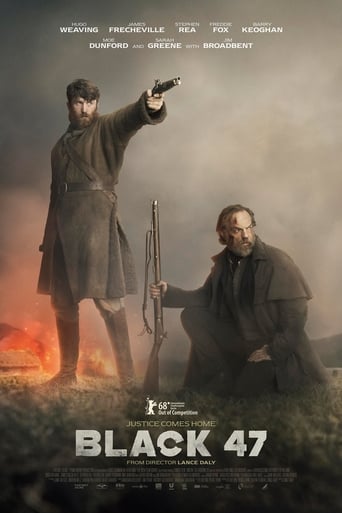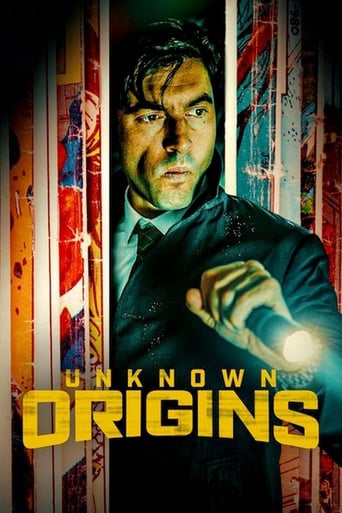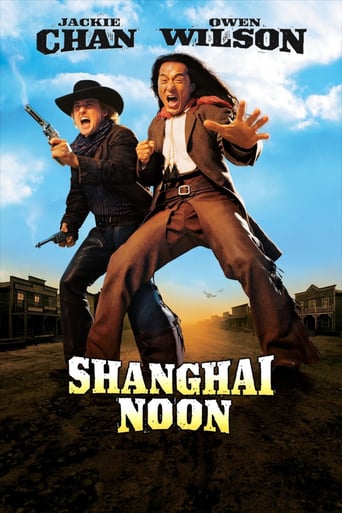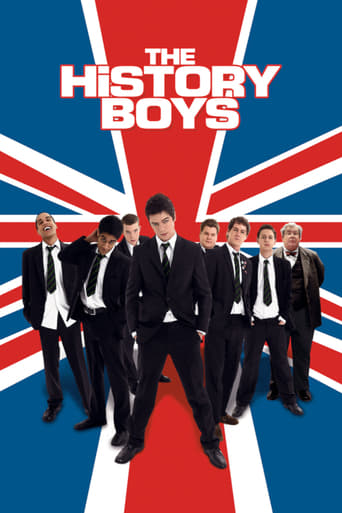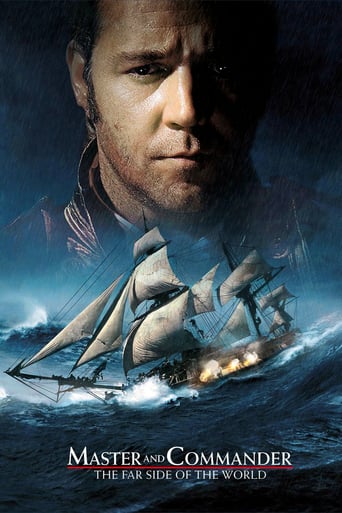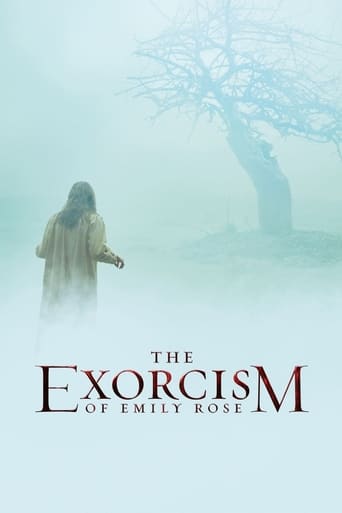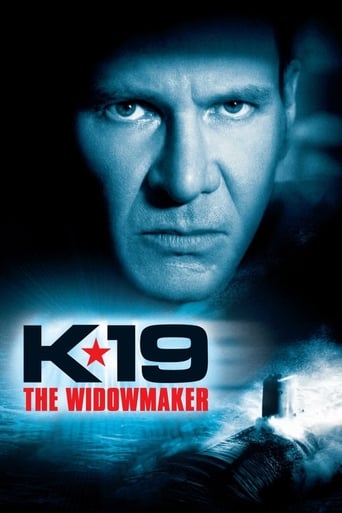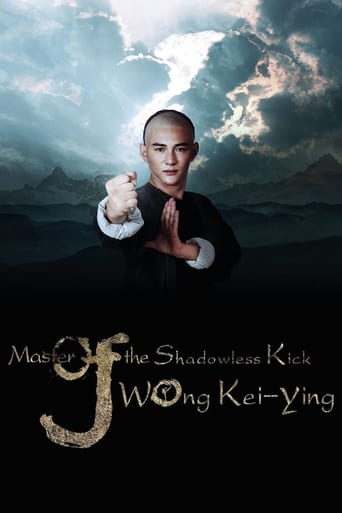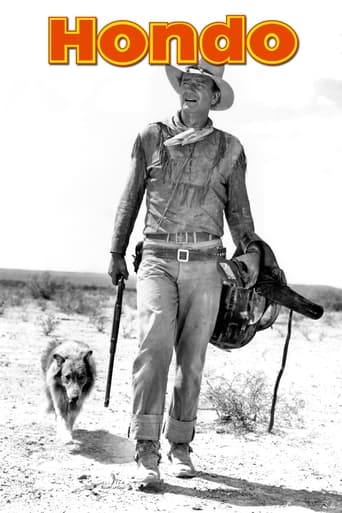Amazing Grace (2006)
The true story of William Wilberforce and his courageous quest to end the British slave trade. Along the way, Wilberforce meets intense opposition, but his minister urges him to see the cause through.
Watch Trailer
Cast



Similar titles
Reviews
How Sweet the SoundThe film Amazing Grace, directed by Michael Apted, is based on the remarkable story of the abolition of the slave trade, and is set in Great Britain in the 18th century. Both political and religious aspects of culture are present heavily throughout the film. The film is based on the true story of William Wilberforce and his fight to end slavery in Great Britain. Wilberforce's life was dedicated to seeing souls be set free and to bringing justice to the oppressed. He was terrorized night after night with dreams and visions of the slave trade, and each dream detailed what slaves were going through daily around the world. At one point, Wilberforce was playing cards with one of the men in the British Parliament, and the man asked for his "nigger" to fetch his carriage. Wilberforce became vehemently angry and raged out of the game, slamming the cards down. The fellow Parliament members said he was acting as if he had never seen slavery before, but he replied, "It is like arseny, each tiny dose doubles the effect." (Wilberforce) At another point in the film, Wilberforce was in a fight in his mind as to whether he should be taking up a religious calling or continue in his political career and see the slave trade abolished. His friend William Pitt brought a group of acclaimed and diverse individuals in order to convince to Wilberforce that he is able to conquer both. This did not entirely "seal the deal" for him. Instead, Wilberforce went to seek advice from John Newton, his former pastor. Newton was a former slave ship owner but was redeemed to a life of freedom. Newton told Wilberforce he must seek to abolish slavery and that parliament needed individuals like him. "Take their dirty ships out of the ocean," Newton told Wilberforce. (Newton) Then Newton's dreams began haunting him again. This time it was in regards to a friend's letter from Jamaica. Wilberforce had nightmares of children being scalded to death by molten lava, and he felt as if he was living inside of the dream. Each time he had a dream, he would wake up in a cold sweat. Aludo Equiano, a former slave, showed Wilberforce a slave ship and explained to him what went on in each part of the ship. "Slavery is a trade which degrades men to the level of brutes," Equiano explained. By now, Wilberforce had taken a petition to parliament each year for what seemed to him an eternity, and each year he became closer to getting it passed. Barbara, whom he met through his aunt and uncle, encouraged him in his pursuit of equality and told him how much she had admired his efforts and how she watched him do good in society. "After night comes day the people are not afraid now that the war on France is being won and when they are not afraid they rediscover their compassion." (Barbara) He later married Barbara and they had children together. John Newton told Wilberforce that he should publish the accounts of his experiences with fighting the slave trade. Newton told Wilberforce that, "I was blind, but now I see," regarding how he had met the Lord. James, a friend of Wilberforce from the Indies, came to share with his supporters pages and pages of first-hand accounts he had collected. James explained to them that the slaves were anxious for freedom and they heard that there was someone coming to save them named Wilberforce. James gave Wilberforce's supports an idea: they would not directly present the bill to parliament, but sneakily go around it. He suggested a more effective way in order to get slavery abolished. The slave ships were sailing with the American flag. He suggested that a bill is passed that all American ships are able to be searched and seized. That same day he went to parliament to make the petition, Wilberforce gave free tickets for a horse race to everyone who opposed his anti-slavery efforts. The petition passed. Soon after its passing, the abolition of the slave trade came to fruition (in the late 1820s). This movie is highly recommendable. It opens your eyes to the reality of slavery, and shows of a hero fighting it. This film shows Wilberforce as a hero. He will forever be remembered for how he took the sighing of the needy and brought freedom to many hearts. Freedom is a sweet sound. The slaves finally became free.
I watched this film because I thought this would be all about the well known song "Amazing Grace" and that it was a musical. However it wasn't the case at all, it was really about a man who has a goal in stopping the black slave trade in Britain. I was glad to have seen Benedict Cumberbach involved in this, this was even way before he starred in the well known TV series "Sherlock". He still looks the same nowadays lol!Then comes why I think this film was boring. The reason why it was boring because I didn't understand what the characters were gabbing on about even with a political view. It's like if you haven't an interest in politics, you are pretty much screwed because they would be using words that we normally don't use y'know.I am giving this another 2 stars as I really liked Ioan Gruffudd's performance of "Amazing Grace". He is quite a good singer for an actor, I'm just disappointed that this wasn't a great film to follow!
Well. You know how sometimes you watch a film, expecting that you will quite enjoy it – it might be a nice way to pass a couple of hours – and it totally exceeds your expectations, and eats into far more than a couple of hours, because you can't stop thinking about it? This is what happened to me when I watched this film.It tells the story of politician William Wilberforce as he moved through Parliament in a determined effort to get the British slave trade abolished. While he had some loyal friends and colleagues, they faced an uphill struggle as many politicians favoured the slave trade and considered it a necessity. Together with his friend, prime minister William Pitt the Younger, Wilberforce never gives up in his efforts.I cried throughout much of this film, because it was so incredibly moving, and ultimately uplifting to see people determined to create a kinder and better world. Wilberforce was played brilliantly by Ioan Gruffudd, who perfectly captured the man's intelligence and integrity. Benedict Cumberbatch was also excellent as Pitt, and the supporting cast contained many acclaimed actors. I liked Rufus Sewell as abolitionist Thomas Clarkson, and Albert Finney and Michael Gambon both showed off their extensive skills as respectively, John Newton who used to be involved with the slave trade himself, and was now filled with guilt; and Charles Fox, a politician who initially disagreed with Wilberforce, but subsequently came to support the abolition. Romola Garai played Wilberforce's wife Barbara, and was lovely in the role.I keep finding myself thinking about this film – it was beautifully filmed and very emotional. The scene when former slave Olaudah Equiano, played by Youssou n'Dour, shows Wilberforce around a slave ship, and Wilberforce sees with his own eyes the mistreatment and abuse that the slaves suffer, stunned me. Although I knew about Wilberforce's campaign, and the eventual outcome prior to watching, I still found myself on the edge of my seat at parts of the story.I would highly recommend this film (in fact I almost want to insist that you watch it!) It tells such an important story, and if anyone ever doubts that they can make a difference, or thinks that their efforts aren't worth it, this film tells the story of a man who can remind us just what can be achieved with hard work and determination. Wonderful. (And I have ordered an autobiography of Wilberforce – this is the kind of film that makes me want to learn more.)
Directed by Michael Apted, Amazing Grace is about the campaign against slave trade in the British Empire, led by William Wilberforce (Ioan Gruffudd), who was responsible for steering anti-slave trade legislation through the British parliament in 18th century England. Wilberforce fruitlessly fights both public indifference and moneyed opposition determined to keep their exploitation safe. Nevertheless, Wilberforce finds the inspiration in newfound love Barbara Spooner (Romola Garai) to rejuvenate the fight with new ideas that would lead to a great victory for social justice. It was so touching, he's so determined. The title is a reference to the hymn "Amazing Grace" by John Newton (Albert Finney), William Wilberforce's friend who was inspired to write the song after his own experience with slavery. The song became a major influence on Wilberforce and the abolition movement. The movie was pretty good. I have to say, Ioan Gruffudd was great for the role. His acting and singing voice was stellar, I was so impressed. I have to say the supporting cast was astonishing. I am a huge fan of Benedict Cumberbatch's work, and love him as William Wilberforce's friend William Pitt the Younger. Other great cast members are Michael Gambon as Charles James Fox, Rufus Sewell as Thomas Clarkson, and Toby Jones as William, Duke of Clarence. For a Christian theme movie, it's not so bad. It doesn't preach too much, and allow the story to unfold. It's full of witty script, full of information worthy of a movie. It's a good movie worthy to be show in history classes, and anybody willing to know how slavery came to an end. Still, the movie comes with a few problems. There are some historical inaccuracies, such as example, in one scene Wilberforce, known as a fine singer, sings the first verse of "Amazing Grace". However, the verses written by John Newton were not associated with the now familiar melody until much later. The singing scenes are full of audio/visual unsynchronized that the film was delay for release due to boom problems and scenes not matching with the sound. Anachronisms are also in the film way too much. The worst one in my opinion is the bottle of Dom Perignon champagne. Why is there a bottle of Dom Perignon in the 18th century? That didn't come until the early 20th century. I didn't like the love story being add to the film, it took so much away from the main story of ending slavery. The editing get a little bit confusing. Jump back and forth from different periods of history of William Wilberforce's film. It easy to get lost where and when in history. I do have something else to say, during that year, 2006 when it was released, there were two movies that came out during the same time. One is this movie, while the other is call 'The Amazing Grace' an Nigerian-British historical drama film written by Jeta Amata & Nick Moran. That movie is about tells the reformation story of British slave trader John Newton (Nick Moran), sailing to what is now Nigeria to buy slaves but, increasingly shocked by the brutality of slavery, later gave up the trade and became an Anglican priest. While it's not well known, I don't want people to get confused and get the wrong movie. That movie by Nick Moran is good, but mediocre compare to this film. Overall: a good movie that is brilliant and important to history because it represented how much mankind need to know that slavery is wrong. Very inspirational film, so check it out.

